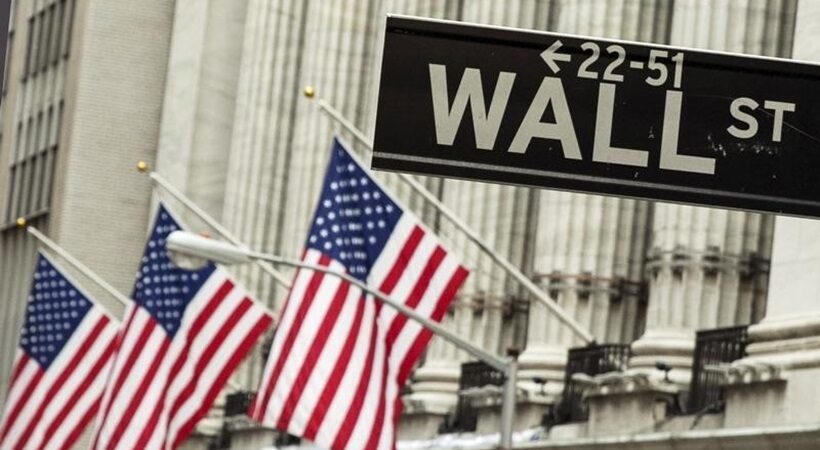As the trading hub of the world’s largest economy, Wall Street has far-reaching effects on the American economy and the global economy. As the world’s most important financial centre, a place of silver spoons and golden parachutes, Wall Street is many things to many people. The New York Stock Exchange is also located on Wall Street, historically being the headquarters of some of the nation’s largest brokerages and investment banks.
The Wall Street and the surrounding southern Manhattan neighbourhood, known as the Financial District to locals, remain important locations where many financial institutions are located. Globalisation and digitisation of finance and investment have led to the establishment of many American broker-dealers, registered investment advisors and investment companies.
What Makes Wall Street So Influential
With a GDP of $22.68 trillion in 2021, the U.S. has the largest economy in the world. It is nearly one-half as large as China, the second-biggest economy.
Globally, the U.S. is the largest market by a significant margin, accounting for 205.97% of domestic market capitalisation.
As the trading hub of the world’s biggest financial markets, Wall Street has a significant impact on the global economy. The New York Stock Exchange, one of the oldest exchanges in the United States, is the undisputed leader worldwide in terms of share trading volume and market capitalisation among its listed companies. A second-largest exchange in the world, Nasdaq, also has its headquarters on Wall Street.
Many factors affect the U.S. economy due to Wall Street, but the most significant are as follows:
- Stock markets induce a “wealth effect” in consumers. However, some prominent economists have argued that this is more pronounced during an equity bull market than during a real estate boom. However, it does seem logical that consumers would be more inclined to buy big-ticket items when stock markets are booming, and their portfolios are performing well.
- Bull markets tend to exist when the economy grows well, and consumers and businesses are confident about the future. Consumers tend to spend more when they feel confident, which boosts the U.S. economy since 70% of the economy is driven by consumer spending.
- Increased business investment leads to higher unemployment and higher economic output during bull markets when companies can use their pricey stock to raise capital, which can then be used to acquire assets or competitors.
What makes Wall Street react to a company’s results?
Several research analysts work for Wall Street firms covering medium to large-sized companies. These analysts have in-depth knowledge about the companies they cover. They are sought after by institutional “buy-side” investors (pension funds, mutual funds, etc.). Analysts develop financial models of the companies they cover and use those models to forecast their quarterly (and annual) revenue and earnings per share. When a company reports its quarterly results, it has met Street expectations if its reported revenue and earnings per share numbers match the Street estimate. If a company exceeds Street expectations, its stock price will rise, and if it disappoints, it may see its stock price plunge.



















